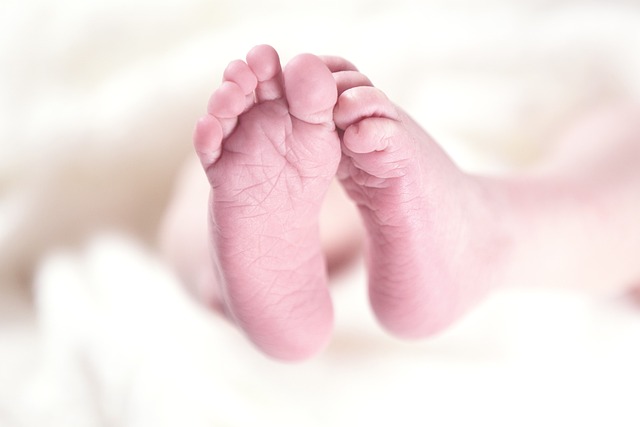These findings are part of an ongoing study of children whose mothers suffered accidental PCB poisoning between 1978 and 1979, according to a report published in the journal Archives of General Psychiatry.
For the study, a team led by Dr. Te-Jen Lai, from Chung Shan Medical University, Taichung, Taiwan, evaluated the behavior and intelligence of 118 children born between 1978 and 1985 whose mothers, during pregnancy, , had been exposed to PCBs through contaminated cooking oil. The researchers compared these children with 118 other young people, from a reference group, whose mothers had not been exposed to PCBs. All tests were carried out between 1992 and 1995.
Children born to exposed mothers scored three points lower on IQ than those in the reference group; three more points on a test that identified behavior and emotional disorders; and six more points in another test that evaluated behavioral and emotional disorders. "We found that children born to mothers poisoned by PCBs (in 1978-1979) continued to show slight but statistically significant effects on their behavior when tested in 1992 and 1995, when the children were 17 years old," explained Dr. . The I. There was also some evidence that the behavioral and emotional disorders of exposed children might improve with age.
Currently, specialists do not have a biologically clear explanation for how PCBs might affect the developing brain, and laboratory research is still ongoing, the researchers said. "Prenatal exposure to these substances produces long-term cognitive and behavioral impairment, but there is some evidence of recovery," explained Dr. Lai.
* Once used in many items, from fluorescent lights and appliances to insulation and insecticides, PCBs were banned in 1977 because of their health hazard and carcinogenic effects. But PCBs remain in the environment and accumulate in the adipose tissue of birds, fish and other mammals. PCBs pass from the mother to the fetus through the blood and through breast milk after birth. About 95% of PCBs in the human body come from food, especially dairy products and animal fat, according to specialists.
















